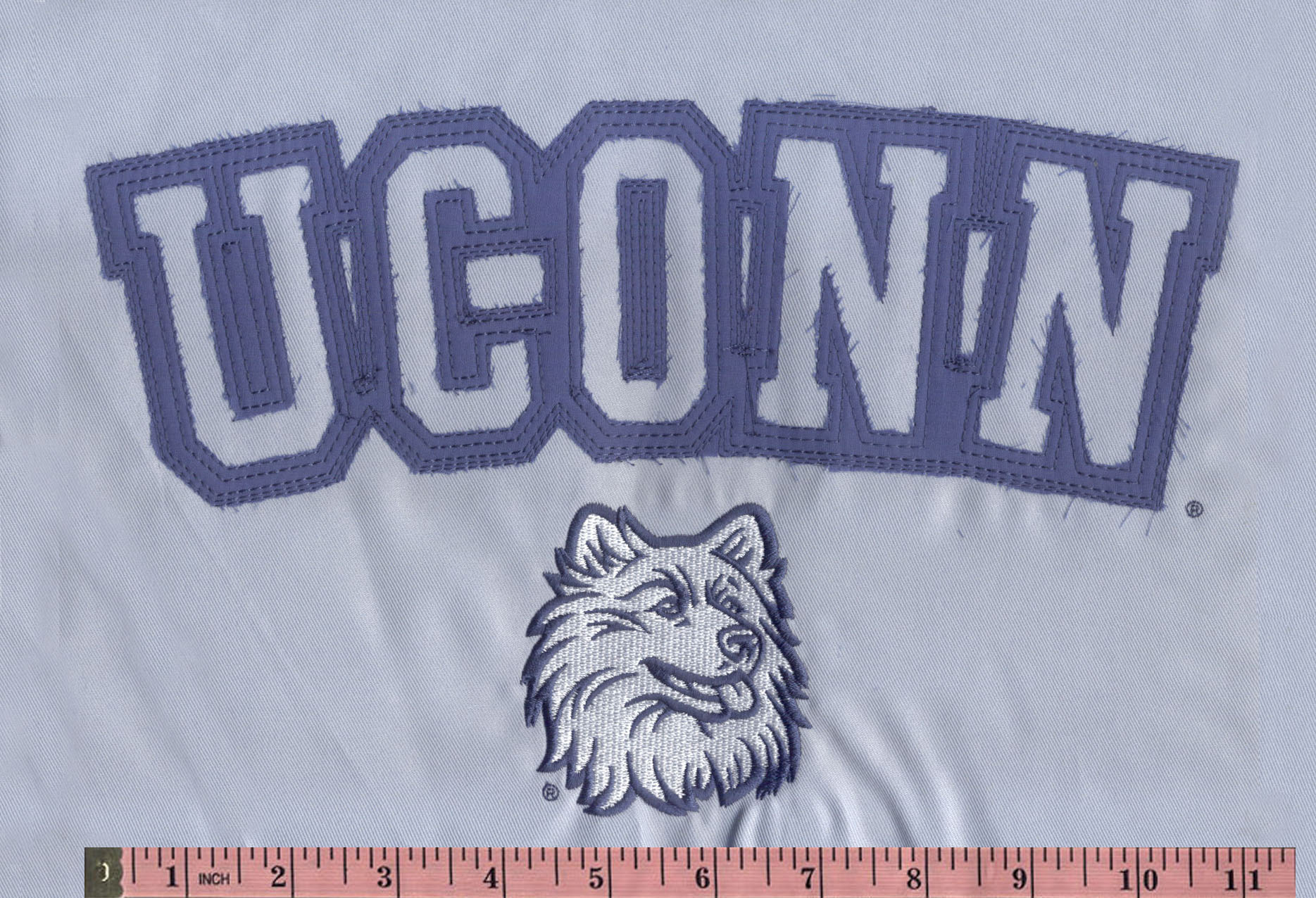Stitching Serenity: The Art of Embroidery for Seniors - Engaging Creative Minds
In the gentle rhythm of a needle through fabric, there lies a therapeutic journey waiting to be explored by seniors. As the golden years unfold, embracing creative pursuits becomes not just a pastime but a pathway to engaging the mind and nurturing the soul. In this blog post, we'll unravel the captivating world of embroidery for seniors, delving into the myriad benefits, heartwarming stories, and practical tips that make this age-old craft a delightful avenue for fostering creativity and finding solace.
The Therapeutic Tapestry of Embroidery for Seniors:
1.
Cognitive Wellness:
Embroidery,
with its intricate patterns and precise movements, serves as a delightful
exercise for the mind. Engaging in this craft stimulates cognitive functions,
enhancing memory, concentration, and problem-solving skills. For seniors, whose
minds are a treasure trove of experiences, embroidery becomes a channel to
express and organize thoughts in a beautifully tactile way.
2. Fine
Motor Skills Refinement:
The delicate dance of hands maneuvering a needle through the fabric is more
than just a visual treat; it's a workout for fine motor skills. Seniors benefit
from the refined coordination and dexterity required in embroidery,
contributing to the maintenance and improvement of hand-eye coordination. As
hands gracefully navigate stitches, they partake in a symphony of movements
that keep motor skills in tune.
3.
Stress Relief and Mindful Relaxation:
The repetitive nature of embroidery stitches creates a meditative experience,
offering seniors a moment of respite from the hustle and bustle of daily life.
The gentle rhythm of needle and thread becomes a soothing melody, lowering
stress levels and inducing a sense of calm. In the quietude of embroidery,
seniors find not just a craft but a form of mindful relaxation.
4.
Emotional Well-Being:
As a form of self-expression, embroidery becomes a language for seniors to
articulate emotions, thoughts, and memories. Whether stitching a vibrant
bouquet of flowers or creating a tapestry of cherished moments, the process of
embroidery weaves together the threads of joy, nostalgia, and creativity,
contributing to emotional well-being.
Heartwarming Stories of Seniors Embracing Embroidery:
Generational
Bonding:
In retirement communities and family settings, embroidery becomes a bridge
between generations. Seniors pass down their embroidery skills and stories to
younger family members, creating a tapestry of generational bonding. The shared
moments spent stitching together become threads that connect the past, present,
and future.
Embroidery
as a Therapeutic Outlet:
In senior living communities, embroidery often takes center stage as a
therapeutic outlet. Residents find solace and companionship in embroidery
circles where they share stories, laughter, and creative insights. The
resulting embroidered pieces become not just
artworks but tangible tokens of shared experiences and supportive communities.
Practical Tips for Seniors Embarking on an Embroidery Journey
1.
Choose Comfortable Tools:
Ensure that seniors have access to comfortable embroidery tools. Opt for
needles with larger eyes for easy threading, and select embroidery hoops that
are lightweight and easy to handle. Providing ergonomic tools ensures that
seniors can focus on the joy of embroidery without unnecessary physical strain.
2. Use
Contrasting Colors and Larger Fabric:
Enhance visibility by using contrasting thread colors on larger fabric
surfaces. This not only makes the stitching process more enjoyable for seniors
but also allows them to admire their work more easily. Larger fabric areas
provide ample space for creative exploration without the constraints of small,
intricate patterns.
3.
Pre-Drawn Patterns and Guides:
Simplify the embroidery process by providing pre-drawn patterns or using guides
on fabric. This eliminates the need for seniors to transfer designs onto
fabric, allowing them to dive straight into the stitching. Pre-drawn patterns
also serve as inspiration, providing a starting point for creativity.
4.
Introduce Varied Textures and Fabrics:
Offer a variety of textures and fabrics for embroidery projects. Seniors can experiment with different materials, adding an
extra layer of sensory engagement to their craft. Velvet, cotton, and linen are
popular choices that bring unique textures to embroidered pieces.
5. Create a Dedicated Workspace:
Designate a comfortable and well-lit space for embroidery activities. Ensure
that the workspace is organized and equipped with all necessary tools. A
dedicated embroidery corner provides seniors with a peaceful environment where
they can immerse themselves in their creative endeavors.
6.
Encourage Personalization:
Embroidery is a deeply personal craft, and seniors should feel encouraged to
infuse their projects with their unique style. Whether it's incorporating
favorite colors, personal symbols, or initials, personalization adds a
meaningful touch to the embroidery journey.
Building Community Through Senior Embroidery Circles:
Facilitate
Social Interaction:
Organize embroidery circles or clubs within senior communities to facilitate
social interaction. These gatherings offer seniors a chance to share
techniques, stories, and companionship. The sense of community that emerges
from these circles becomes a support system that extends beyond the embroidery
hoop.
Showcase
Collective Creations:
Celebrate the creativity within the senior community by showcasing collective
embroidery creations. Host exhibitions or display embroidered pieces in
communal spaces. This not only recognizes the artistic endeavors of seniors but
also fosters a sense of pride and achievement.
Conclusion:
In the gentle art of embroidery, seniors find
not just a craft but a canvas for self-expression, a tapestry of memories, and
a pathway to connect with others. As needles weave through the fabric, they
tell stories – stories of joy, resilience, and creativity. The art of
embroidery becomes a conduit for engaging creative minds, fostering cognitive
wellness, and creating a legacy stitched with love and imagination. In every
stitch, seniors find a sanctuary of serenity, and in every embroidered piece,
they leave a piece of their hearts. The journey of embroidery for seniors is a
testament to the enduring beauty of creativity that transcends age and time.



